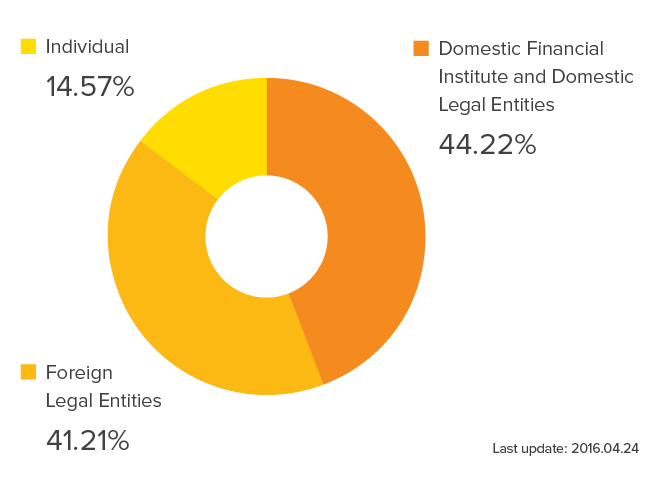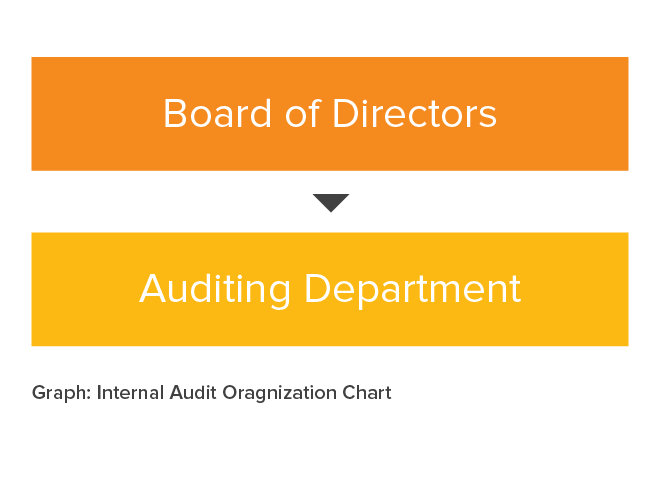Investor Relations

Corporate Governance Principles
CTCI's corporate governance principles underpin, strengthen and improve the company's overall governance system. The principles apply to the following areas:
- Protection of shareholders’ equity
- Governance between affiliated companies
- Independent directors
- Functional committees
- Prevention of conflicts of interest
- Respecting the rights and interests of stakeholders
- Strengthening information disclosure
Corporate Governance Principles (CTCI)Download PDF
Corporate Governance Principles (CTCI Advanced Systems) Download PDF
Articles of IncorporationDownload PDF
Board of Directors
- Chairman – John T. Yu (Rep. of CTCI Development Corporation)
- Vice Chairman – John H. Lin (Rep. of CTCI Investment Corporation)
- Managing Director – Andy Sheu (Rep. of Sino Environmental Services Corporation)
- Managing Director & Independent Director – Johnny Shih
- Independent Director – Jack Huang
- Independent Director – Frank Fan
- Director – Quintin Wu
- Director – Yancey Hai
- Director – Leslie Koo
- Director – Wenent Pan
- Director – Bing Shen
- Director – Michael Yang (Rep. of Crown Asia 2 Investment Limited)
- Director – Teng-Yaw Yu (Rep. of CTCI Foundation)
Audit/Remuneration Committee
- Convener – Johnny Shih
- Commissioner – Jack Huang
- Commissioner – Frank Fan
2016 Directors and Audit/Remuneration CommitteeDownload PDF
Audit Committee CharterDownload PDF
Remuneration Committee CharterDownload PDF
Shareholder Structure

Internal Audit: Organization and Function

The auditing department is an independent unit that is directly subordinate to the board of directors. The internal audit officer must report audit operations to each independent director on a regular basis, as well as deliver and attend reports to the audit committee and the board of directors. The work of the internal audit commission assists the board of directors and managers in inspecting and reviewing defects in CTCI’s internal control system. It also assesses overall operational effectiveness and efficiency. This work provides a basis for review and correction, helping prompt timely recommendations that ensure the sustained operational effectiveness of the system. The majority of the audit work is executed according to the annual audit plan, which needs to be approved by the board of directors. This plan is formulated based on risk assessment results, and includes audit items, times, procedures, methodology, etc. All departments and major subsidiaries conduct self-assessments at least once each year. The purpose of self-assessments is to test and improve internal monitoring mechanisms. The auditing department then reviews these self-assessment reports, together with summaries of work done to correct defects and irregularities, to serve as the primary basis for the board of directors and the general manager to evaluate the overall efficacy of CTCI’s internal control system; and to produce the Internal Control System Statement.
 Copyright © 2016 CTCI. All rights reserved.
Copyright © 2016 CTCI. All rights reserved.